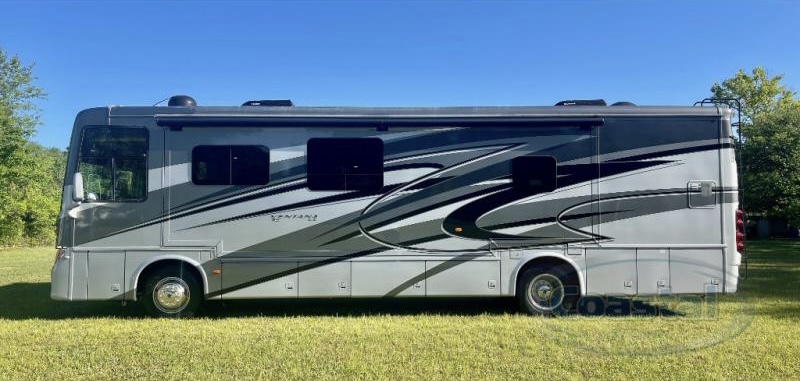
RVs, or recreational vehicles, have become increasingly popular over the years as a way to travel and explore the great outdoors. From small camper vans to large motorhomes, there are a variety of options to fit any budget and lifestyle. But one question that often comes up for those considering purchasing an RV is: what is the average lifespan of an RV?
The truth is, there is no simple answer to this question. The lifespan of an RV can vary widely depending on a number of factors, including the type of RV, how well it is maintained, and how often it is used.
Generally speaking, most RV manufacturers estimate that their vehicles will last between 10 and 20 years. However, this is just a rough estimate, and there are many factors that can impact how long an RV actually lasts.
One of the biggest factors is the type of RV Class A motorhomes, which are the largest and most luxurious type of RV, tend to have a longer lifespan than smaller RVs like camper vans and travel trailers. This is because they are built with heavier-duty materials and have more robust systems like engines, transmissions, and suspension systems.
Another factor that can impact the lifespan of an RV is how well it is maintained. Just like any vehicle, an RV requires regular maintenance to keep it in good working order. This includes things like regular oil changes, tire rotations, and brake inspections. It also means taking care of the RVs interior and exterior, cleaning it regularly and addressing any issues like leaks or damage as soon as they arise.
The frequency with which an RV is used can also impact its lifespan. RVs that are used frequently and for long periods of time are more likely to experience wear and tear than those that are used infrequently or for shorter trips. Additionally, RVs that are used in harsher environments, like extreme heat or cold, may experience more wear and tear than those used in more moderate climates.
Of course, all of these factors are just general guidelines. There are plenty of RVs that last well beyond the 20-year mark, just as there are some that don’t make it to the 10-year mark. The key to getting the most out of your RV is to take good care of it, invest in quality materials and systems, and use it in a way that is appropriate for its size and capabilities.
At the end of the day, an RV is an investment, and like any investment, you want to get the most out of it. By understanding the factors that impact an RV’s lifespan and taking steps to care for it properly, you can ensure that your RV will provide you with years of fun, adventure, and memories to come.
So, if you’re thinking about buying an RV, don’t be discouraged by the idea of a limited lifespan. Instead, focus on the fun and excitement of owning an RV, and commit to taking care of it so that it can take care of you for years to come!
The RV above is listed here for sale.
